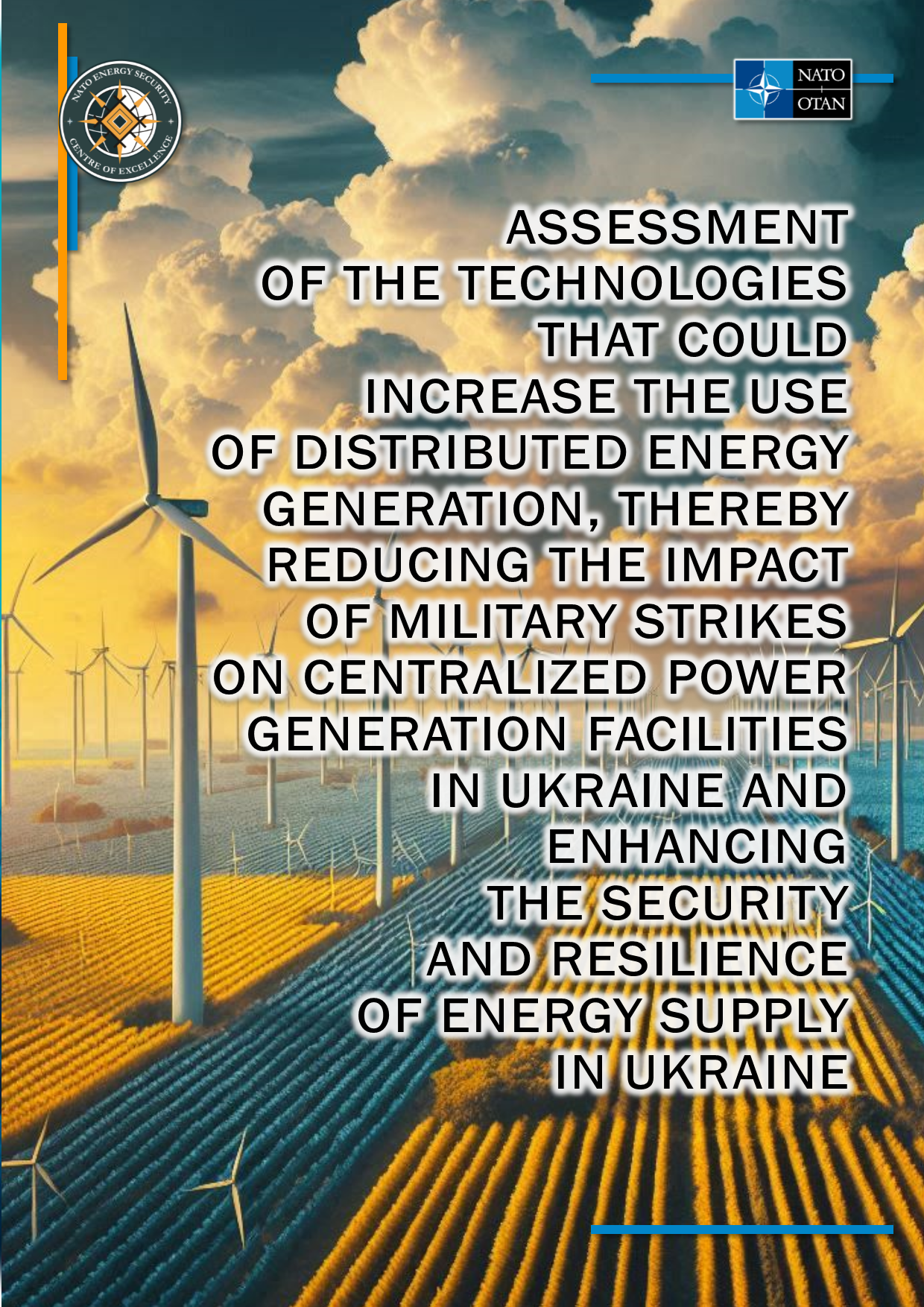
The article discusses the significant impact of Russia’s military campaign in Ukraine, particularly focusing on its intentional large-scale attacks on Ukraine’s energy infrastructure. These attacks, part of a broader “hybrid warfare” strategy outlined in the Russian “Gerasimov Doctrine,” aim to weaken Ukraine economically and psychologically, rather than directly affecting military operations. The article highlights how Ukraine’s historically centralized energy system, developed during Soviet times, has been destabilized by missile and drone strikes, leading to power supply issues across the country.
The article further emphasizes the importance of enhancing power autonomy, particularly in light of Ukraine’s experience with energy dependence and the ongoing conflict. It proposes an analysis of various autonomous and off-grid power generation technologies, such as decentralized renewable energy sources, energy storage systems, smart grids, nuclear reactors, and alternative technologies. These technologies are aligned with the EU Green Deal and NATO’s future strategic goals, aiming to support the reconstruction and development of Ukraine’s energy system post-war, benefiting both civilian and military applications.
Author
Dr. Arturs BREKIS, Leading researcher, Institute of Physics of the University of Latvia, Salaspils, Latvia
Supervisor
Mr Aigars LIEPINS, Subject Matter Expert, Research Analyses and Lessons Learned Division, NATO Energy Security Centre of Excellence